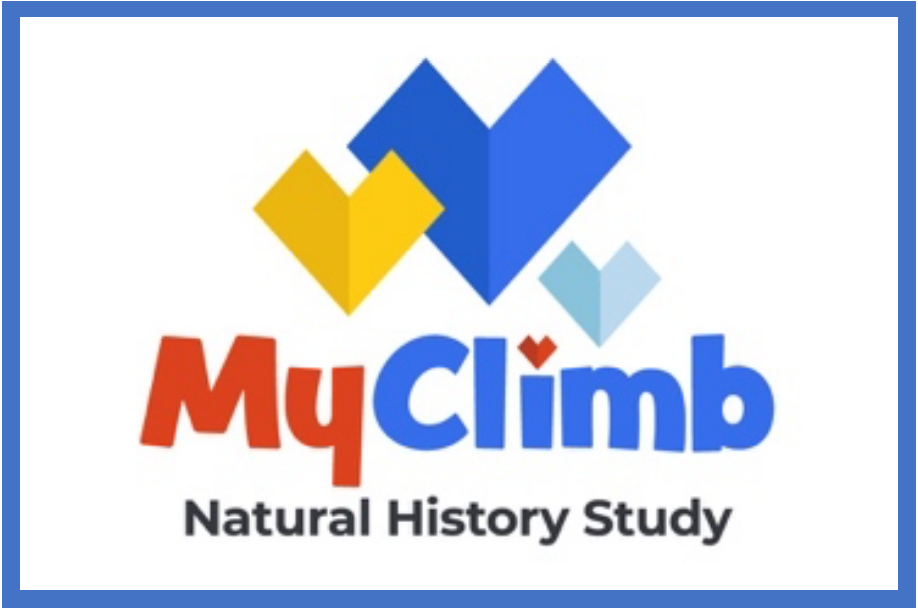We encourage participation in research that aims to make a real difference in the lives of people living with cardiomyopathy.
This could mean participating in a clinical trial, reviewing patient information leaflets, completing a questionnaire, or even taking part in a focus group. By involving people with cardiomyopathy in research, we can ensure the patient perspective is addressed and ensure project outcomes are patient-focused.
We are here to support you to take part in a wide range of high-quality research studies from universities, NHS Trusts, and other accredited research institutions. Take a look at the list of opportunities below and contact the researchers directly for more information about how to get involved. There are usually set criteria for taking part and some people may not always meet the criteria of the study.
If you are keen to take part in a clinical trial for a new therapy, we suggest you discuss this with your Healthcare Professional before signing up. Further information on patient participation in research is available from NHS Choices.
If you're a researcher looking for support with recruiting people with cardiomyopathy into your study, please email research@cardiomyopathy.org.
Research platforms - connecting you to research
The Heart Hive matches people with researchers so that research happens faster and new treatments are developed sooner. You can register for Heart Hive if you’re living with or at risk of developing cardiomyopathy.

Be Part of Research helps connect people with all the information they need to find and take part in health and care research in the UK. Search by condition, drug name, location and more.

Other studies looking for participants
A team at Imperial College London are investigating whether some medications are more important than others for staying well after remission from heart failure in people with dilated cardiomyopathy (DCM). They're looking for people:
• with a previous diagnosis of DCM
• who have improved cardiac function and feel well
• and are taking three or four heart failure medications
They want to understand if it's safe and feasible to stop one or two medications if others are continued.

This UK-wide study aims to understand the best test(s) to investigate heart failure. Current NHS practice includes a coronary angiogram (which is an expensive and often uncomfortable test) to rule out coronary artery disease. But there are other common causes of heart failure including dilated cardiomyopathy (DCM). CROSS-HF aims to help people with heart failure be diagnosed faster and reduce the need for a coronary angiogram.

Researchers at University Hospital Southampton NHS Foundation Trust/University of Southampton are looking to recruit patients for a new clinical trial called The BRITISH study. The study will look at the importance of implantable cardioverter defibrillators (ICDs) in treating cardiac arrest in people with non-ischaemic cardiomyopathy (NICM).

MyClimb are looking for parents of children with paediatric cardiomyopathy. The study is designed to collect and evaluate information on the course of cardiomyopathy in children and adolescents with the MYBPC3 genetic mutation.
